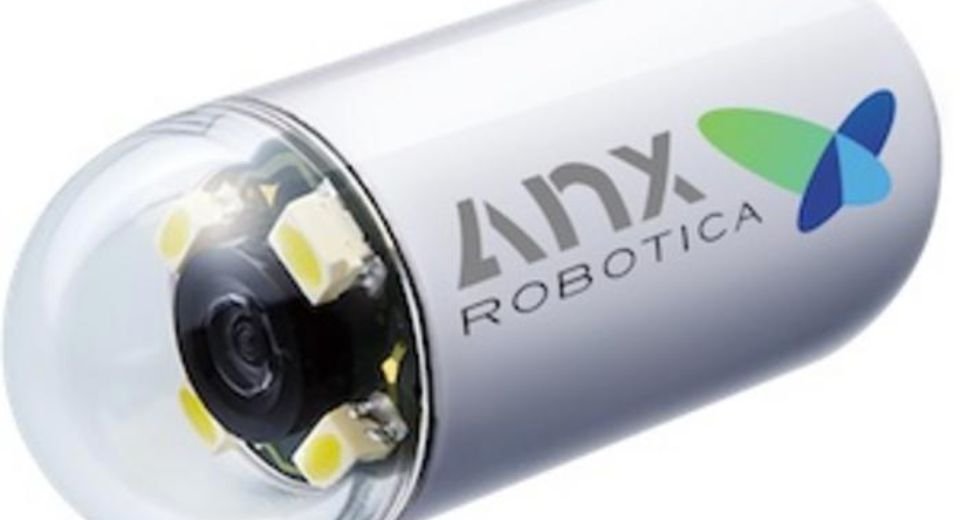HQ Team
June 7, 2023: A team of researchers at George Washington University has developed an ingestible pill camera that can be “driven” around the gastrointestinal (GI) tract. The device is the first of its kind to offer real-time internal visibility that can be controlled, rather than relying on digestive processes to move.
Millions of people across the world require an endoscopy every year. The procedure conventionally involves a long, flexible tube inserted via the patient’s throat while under anaesthesia. This is an invasive and expensive procedure. “Capsule endoscopies” involving ingestible cameras make the procedure a little easier: Patients don’t have to go under anaesthesia and can instead go about their day after swallowing the pill. Still, doctors must rely on GI motility, or the body’s natural digestive process, to move the pill around.
NaviCam
George Washington University’s magnetically controlled capsule endoscopy (MCCE) device could change that. Made in collaboration with AnX Robotica, a medical technology company, NaviCam consists of a 27-millimeter capsule that houses a tiny 640x480p camera. The patient is made to lie on a special examination bed with a large magnetic head. The doctor uses a pair of joysticks to generate a magnetic field that moves the capsule along a 5D plane (3D linear motion and 2D rotation motion). When the procedure is over, NaviCam can pass through the patient’s digestive tract like a typical endoscopy capsule.
The research team conducted a study of 40 patients using the magnetically controlled capsule endoscopy. The doctors could direct the capsule to all major parts of the stomach with a 95 percent rate of visualization. The study report then could be reviewed by a gastroenterologist off-site.
Participants in the study also received a follow up endoscopy. Eighty percent of the patients preferred the capsule method to the traditional endoscopy. The team found no safety problems associated with the new method. The study is a pilot and a much bigger trial with more patients needs to be conducted.
The study, “Magnetically Controlled Capsule for Assessment of the Gastric Mucosa in Symptomatic Patients (MAGNET): A Prospective, Single-Arm, Single-Center, Comparative Study,” was published in iGIE, the open-access, online journal of the American Society for Gastrointestinal Endoscopy.



